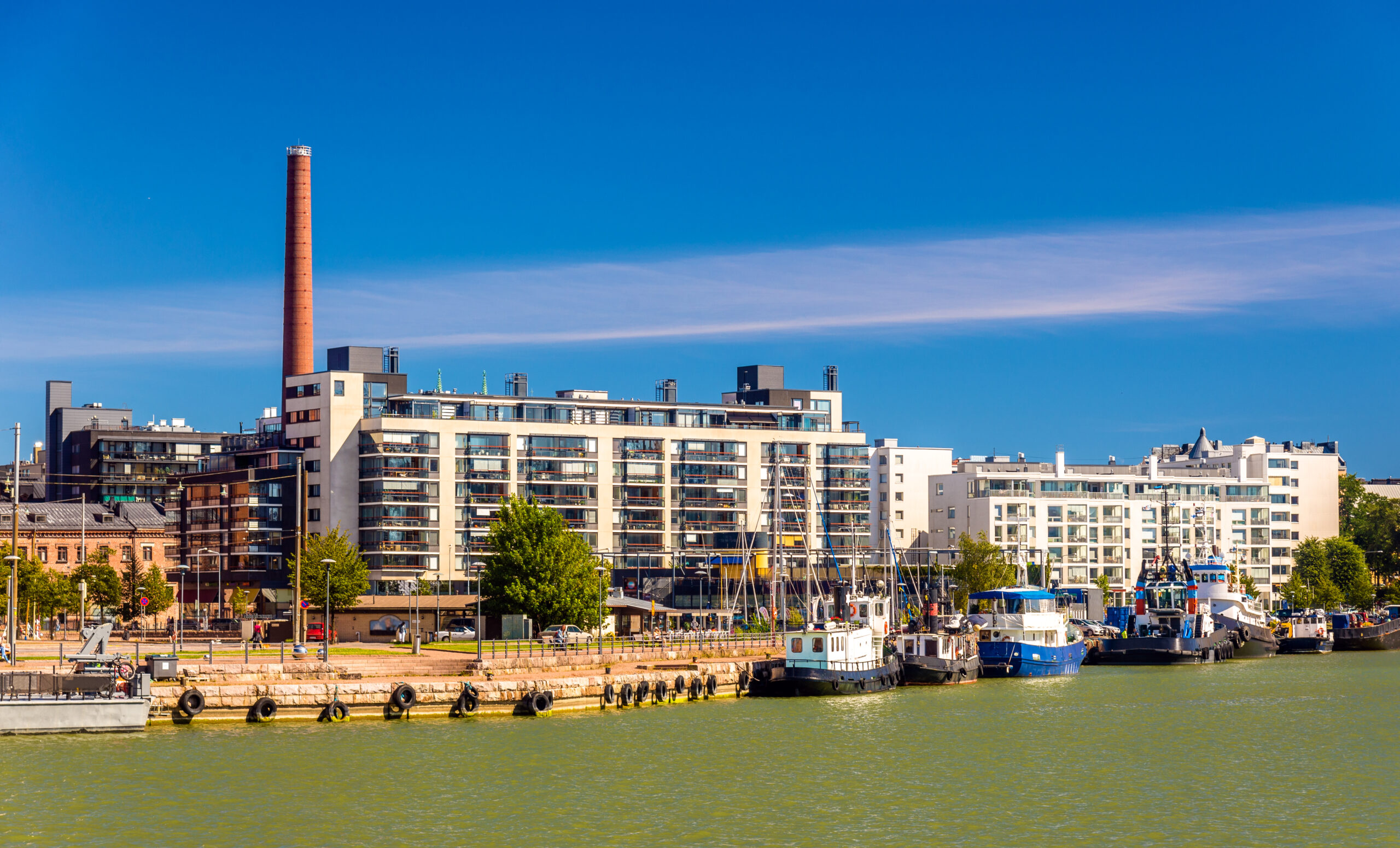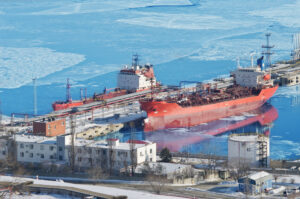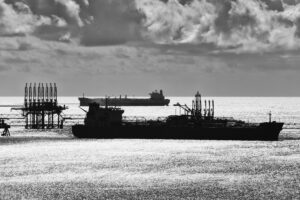Finland has ratified amendments that prohibit the discharges of sulphur scrubber washing waters and residues separated by scrubbers, treated sewage and greywater in Finland’s territorial waters. Greywater means water from showers, washing machines and kitchens.
The prohibitions on discharges from ships in Finnish territorial waters will enter into force in stages from July 1, 2025, when the discharge of treated sewage and open-loop sulphur scrubber waters will be prohibited.
The discharge of closed-loop sulphur scrubber waters and residues into water will be prohibited from January 1, 2029, and the prohibition on the discharge of greywater will enter into force from 2030.
The President of the Republic of Finland ratified amendments to the Act on Environmental Protection in Maritime Transport and the related acts on Dec. 30. The amendments implement the government programme, EU regulations and regulations of the International Maritime Organisation IMO.
Specifically, the prohibition on the discharges of sulphur scrubbers will enter into force at the same time as a similar prohibition expected to be imposed in Sweden.
Washing water from open-loop equipment is discharged into the sea, and discharges from such equipment will be prohibited from July 1, 2025.
In closed-loop equipment, residues are separated from washing water. Discharges of closed-loop washing water and residues into the sea will be prohibited from January 1, 2029. The prohibition on greywater discharges will enter into force at the beginning of 2030.
The amendments also complement the FuelEU Maritime Regulation on the use of renewable and low-carbon fuels in maritime transport in the EU.
Finland will introduce an island exemption according to which energy used in passenger ships on the shipping routes of Åland and in the ports of Åland are excluded from the scope of the Regulation.
Finland will make full use of the island exemption, and the exemption will be in force until the end of 2029. At the same time, penalties will be laid down as required by the Regulation and a competent authority will be designated.
Ports in the TEN-T network must provide onshore power supply to large containerships and passenger ships from the beginning of 2030 in accordance with the EU’s alternative fuels infrastructure regulation (AFIR).
AFIR imposes on member states the obligation to provide onshore power supply, and now this obligation will be imposed on ports nationally. The Finnish Transport and Communications Agency Traficom will supervise the implementation of the obligation.
The amendments also give Traficom the right to publish on its website the contact information of nominated inspectors, surveyors and ship measurers. Contact information is already published based on the consent of individuals but, due to developments in data protection legislation, it is appropriate to provide for the publication of the information in law.
The amendments adopt and bring into force the Hong Kong International Convention for the Safe and Environmentally Sound Recycling of Ships.
The EU Regulation concerning the recycling of ships is already being applied in Finland, which means that the impact of the implementation of the Convention in Finland will be minor.
In addition, Finland is committed to the amendments to the International Convention for the Prevention of Pollution from Ships (MARPOL) concerning, among other things, the carbon intensity of ships and obligation to keep a garbage record book.
The carbon intensity requirements under the MARPOL Convention and the energy requirements concerning present vessels will become applicable to Finnish vessels.
The obligation to keep a garbage record book is extended to apply to vessels of 100 gross tonnes or over. Currently, the obligation applies to vessels of 400 gross tonnes or over.
The amendments also adopt the amendment to the London Protocol on the dumping of wastes into the sea, which prohibits the dumping of sewage sludge at sea worldwide. In Finland, this is already prohibited.
The Hong Kong International Convention for the Safe and Environmentally Sound Recycling of Ships will enter into force on 26 June 2025. Amendments concerning the publication of the contact information of appointed inspectors, surveyors and ship measurers will enter into force at the same time.
Other amendments will enter into force on January 1, 2025.



